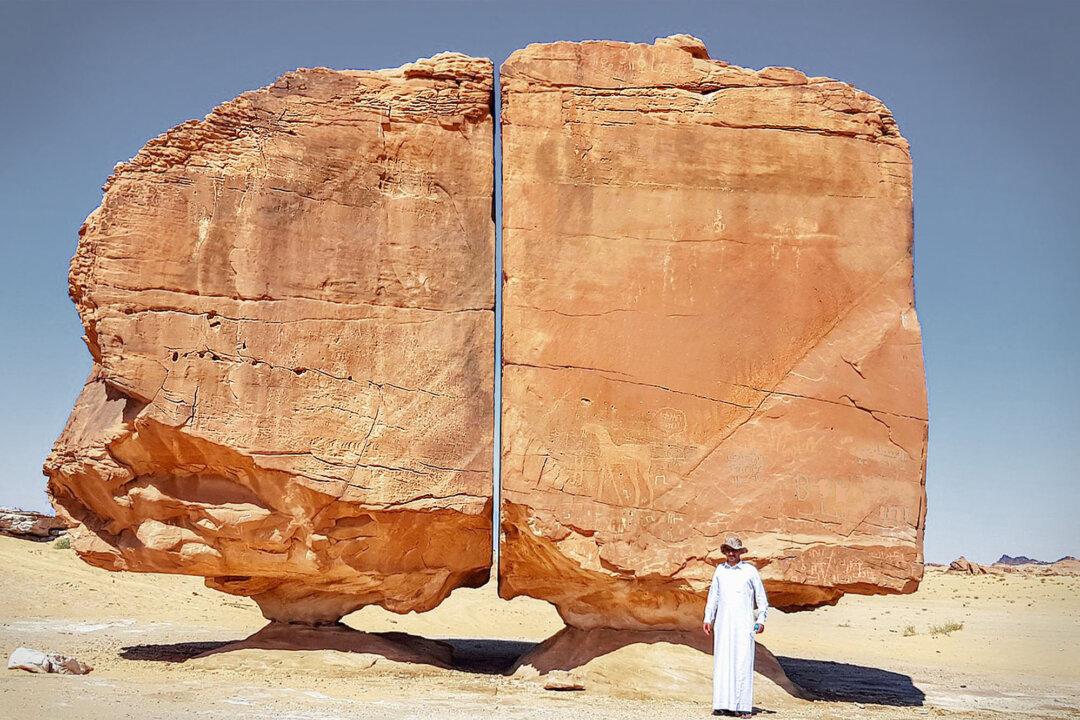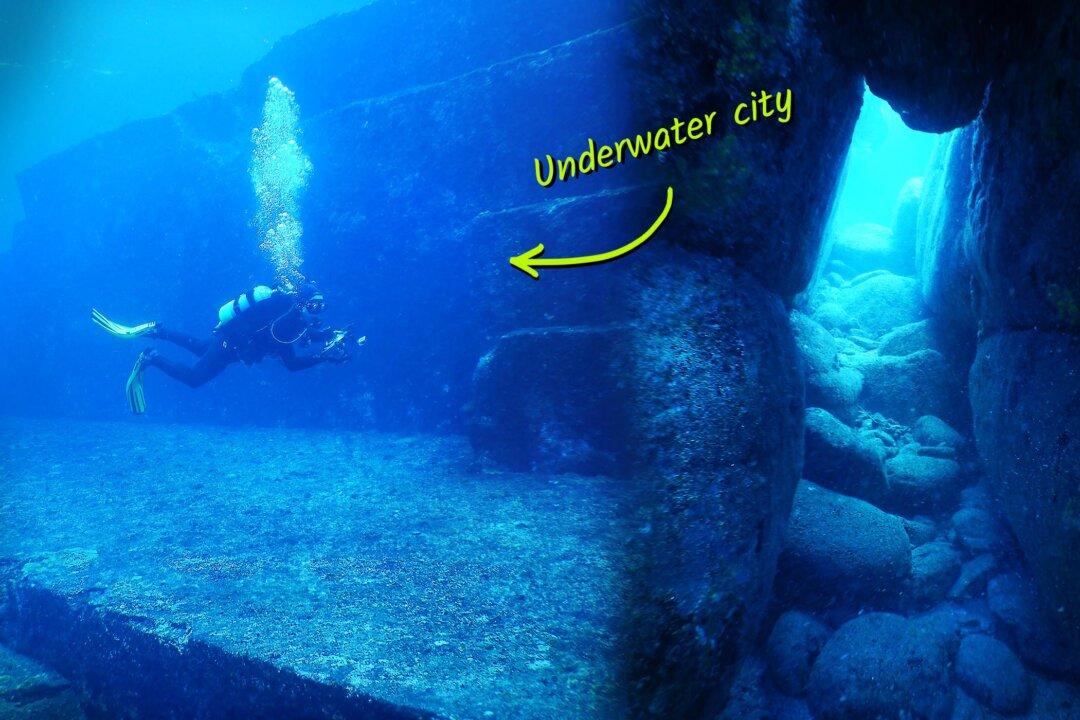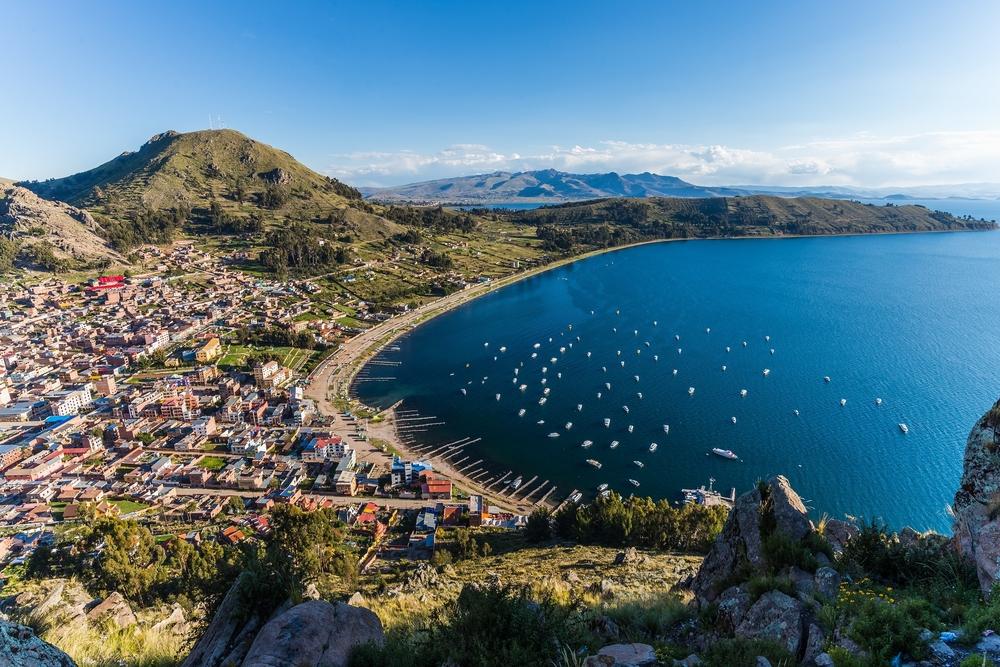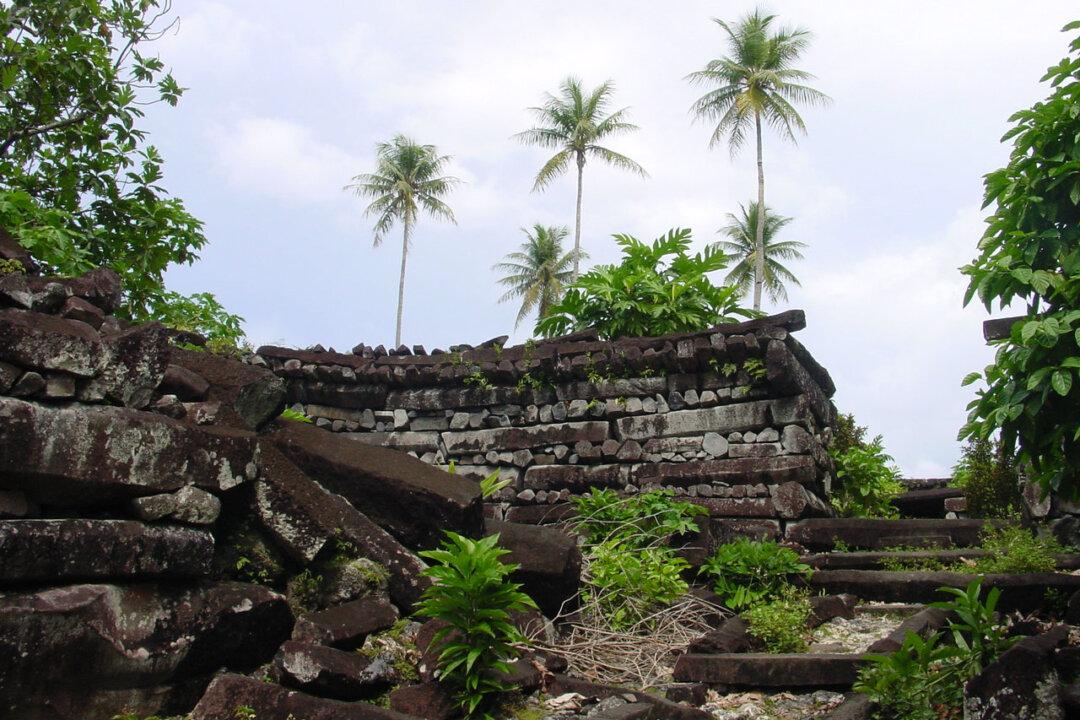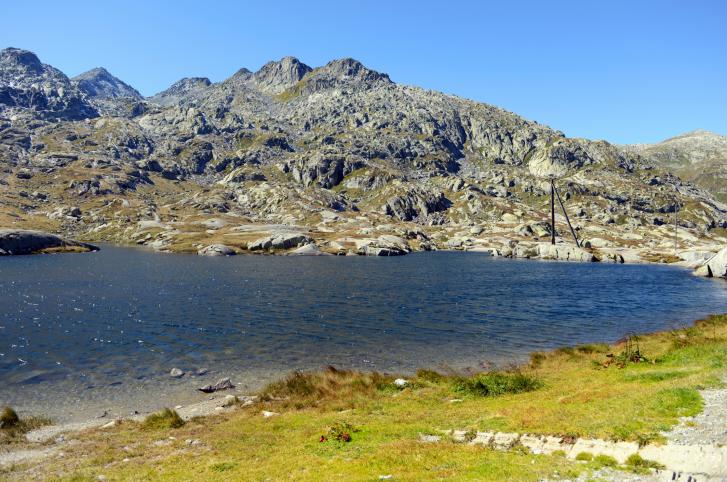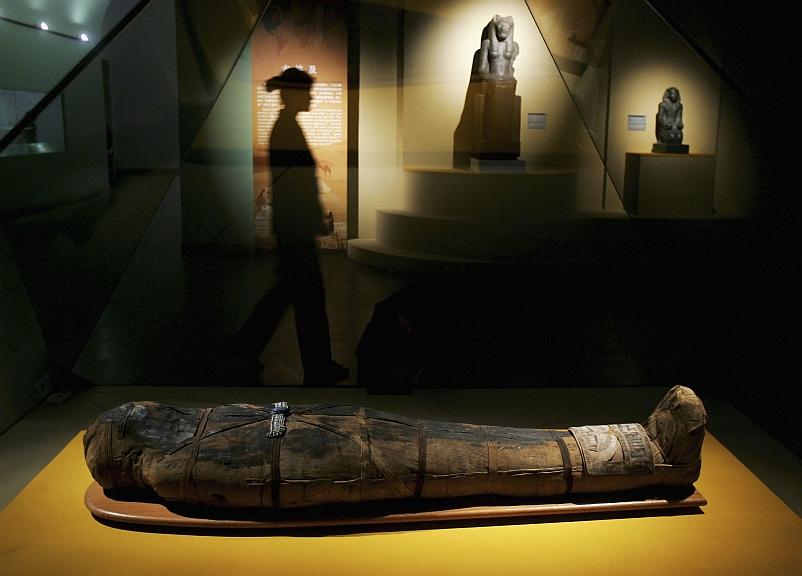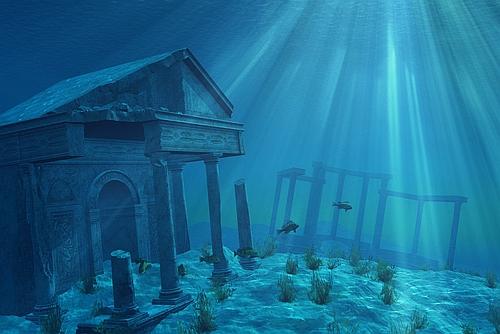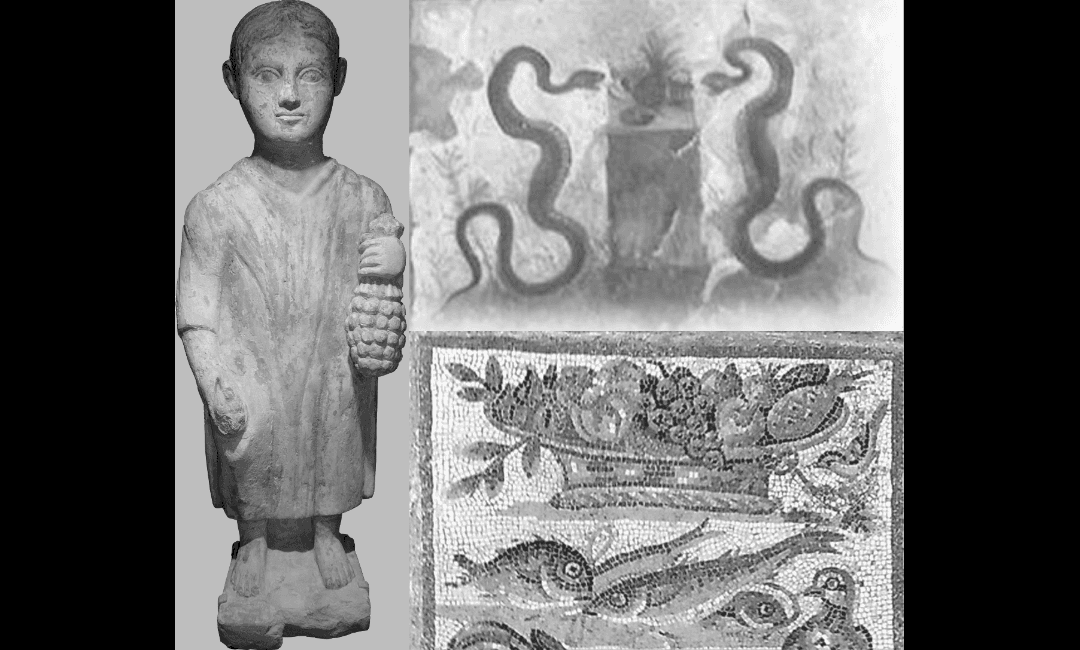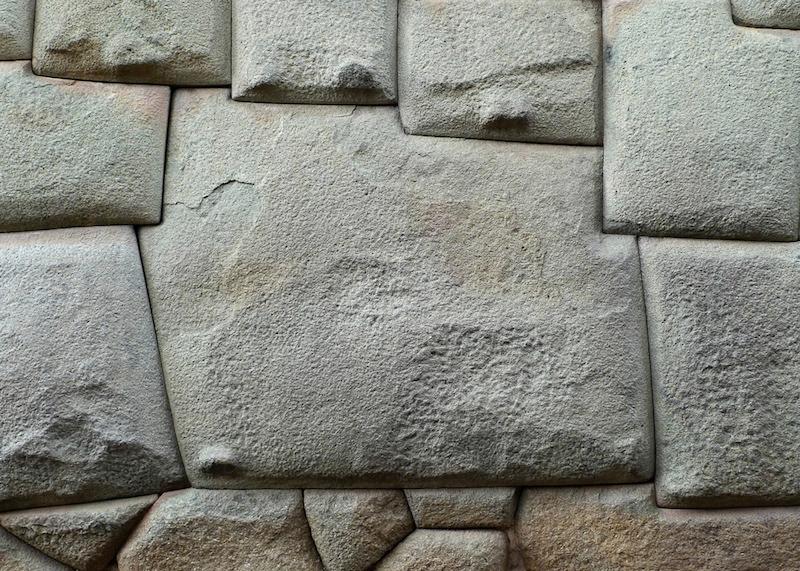Focus
ancient civilization
LATEST
Giant Rock With Laser-Perfect Slice in Saudi Desert Leaves Scientists Baffled—Some Say ‘It’s Aliens’
|
|
The Mysterious Ancient Coral Reef City of Nan Madol
Nan Madol is the only ancient city ever built upon a coral reef. Yet despite the enormity of the undertaking in building the city, no records exist as to when exactly it was built, where the enormous rocks came from, how they were transported there, and for what reason it was constructed on top of a reef.
|
Ancient Child Skulls May Have Been Gifts for Bronze Age Lake Gods
A new study published in the journal Antiquity has revealed that a number of Bronze Age child skulls discovered around the perimeter of ancient settlements in Switzerland and Germany show signs of violent death. According to a report in Live Science, the children’s skulls may have been offered as gifts for the local lake gods.
|
Major Historical Setbacks in Science, Technology, and Culture
Throughout history, humanity has suffered serious setbacks to science, progress, and culture. Some have been on a very big scale due to wars, famine, disease. Some setbacks have been on a smaller scale, but may have had just as big of an impact.
|
Archaeologists Discover Burial Site of Unknown Culture in Peru
Archaeologists from the University of Wrocław have discovered more than 150 ancient graves in the Atacama Desert belonging to a previously unknown culture in Peru, according to a report in PAP - Science and Scholarship in Poland.
|
Sumerian King List Still Puzzles Historians After More Than a Century of Research
What makes this 4,000-year-old tablet so unique is the fact that the list blends apparently mythical pre-dynastic rulers with historical rulers who are known to have existed.
|
Archaeologists Uncover Ancient Mathematical Devices of the Inca in Peru
A team of archaeologists have discovered twenty-five well preserved quipus, an ancient form of record-keeping used by the Inca, in the archaeological complex of Incahuasi in Peru. The finding is rare and significant because the quipus were found in ancient warehouses rather than in burials, as most discoveries in the past.
|
Curious History: Ancient Celts Left Mark on America’s Heartland
Strong evidence that the ancient Celtic Cult of Mithras visited Oklahoma in pre-Columbian history has presented itself over the past few decades.
|
Curious History: Ancient Egyptians May Have Traded With the New World
Other nations, including the Vikings, Chinese, and ancient Egyptians, may have visited the Americas hundreds of years before Christopher Columbus, according to scientific evidence.
|
Mysterious History: Atlantis
The idea of continents that supported ancient, perhaps even cultured and prosperous people, before they sunk under the sea has captivated historians since the days of Plato and even earlier.
|
Giant Rock With Laser-Perfect Slice in Saudi Desert Leaves Scientists Baffled—Some Say ‘It’s Aliens’
|
|
The Mysterious Ancient Coral Reef City of Nan Madol
Nan Madol is the only ancient city ever built upon a coral reef. Yet despite the enormity of the undertaking in building the city, no records exist as to when exactly it was built, where the enormous rocks came from, how they were transported there, and for what reason it was constructed on top of a reef.
|
Ancient Child Skulls May Have Been Gifts for Bronze Age Lake Gods
A new study published in the journal Antiquity has revealed that a number of Bronze Age child skulls discovered around the perimeter of ancient settlements in Switzerland and Germany show signs of violent death. According to a report in Live Science, the children’s skulls may have been offered as gifts for the local lake gods.
|
Major Historical Setbacks in Science, Technology, and Culture
Throughout history, humanity has suffered serious setbacks to science, progress, and culture. Some have been on a very big scale due to wars, famine, disease. Some setbacks have been on a smaller scale, but may have had just as big of an impact.
|
Archaeologists Discover Burial Site of Unknown Culture in Peru
Archaeologists from the University of Wrocław have discovered more than 150 ancient graves in the Atacama Desert belonging to a previously unknown culture in Peru, according to a report in PAP - Science and Scholarship in Poland.
|
Sumerian King List Still Puzzles Historians After More Than a Century of Research
What makes this 4,000-year-old tablet so unique is the fact that the list blends apparently mythical pre-dynastic rulers with historical rulers who are known to have existed.
|
Archaeologists Uncover Ancient Mathematical Devices of the Inca in Peru
A team of archaeologists have discovered twenty-five well preserved quipus, an ancient form of record-keeping used by the Inca, in the archaeological complex of Incahuasi in Peru. The finding is rare and significant because the quipus were found in ancient warehouses rather than in burials, as most discoveries in the past.
|
Curious History: Ancient Celts Left Mark on America’s Heartland
Strong evidence that the ancient Celtic Cult of Mithras visited Oklahoma in pre-Columbian history has presented itself over the past few decades.
|
Curious History: Ancient Egyptians May Have Traded With the New World
Other nations, including the Vikings, Chinese, and ancient Egyptians, may have visited the Americas hundreds of years before Christopher Columbus, according to scientific evidence.
|
Mysterious History: Atlantis
The idea of continents that supported ancient, perhaps even cultured and prosperous people, before they sunk under the sea has captivated historians since the days of Plato and even earlier.
|

